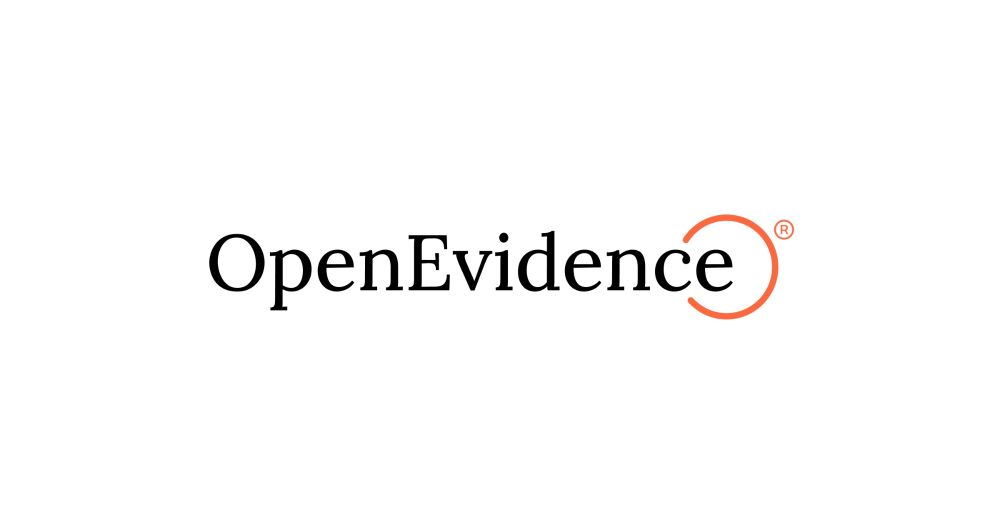
Shout out to Zara Ahmed for editing the video & our head of medical advisory board Wasiq Sheikh, MD for helping curate the 79 papers the tool is trained on.
#probiotics #wellness #medsky #hearthealth #inflammation #gutmicrobiome #guthealth #cardiosky
Shout out to Zara Ahmed for editing the video & our head of medical advisory board Wasiq Sheikh, MD for helping curate the 79 papers the tool is trained on.
#probiotics #wellness #medsky #hearthealth #inflammation #gutmicrobiome #guthealth #cardiosky
➡️ Femoral, 6 Fr destination sheath, AR2 guide
➡️ Double wire RPDA & PLV
➡️ 3 shockwave balloons & a Wolverine later
➡️ Resolute = lower profile/more deliverable
➡️ Lots of IC Nitro
Final:
➡️ RPDA 2.5 x 26 mm DES
➡️ Mid-distal RCA 3.5 x 48 mm DES
➡️ Blasted it, IVUS post 3.0 distally, 4.0 prox
➡️ Femoral, 6 Fr destination sheath, AR2 guide
➡️ Double wire RPDA & PLV
➡️ 3 shockwave balloons & a Wolverine later
➡️ Resolute = lower profile/more deliverable
➡️ Lots of IC Nitro
Final:
➡️ RPDA 2.5 x 26 mm DES
➡️ Mid-distal RCA 3.5 x 48 mm DES
➡️ Blasted it, IVUS post 3.0 distally, 4.0 prox
▶️ High quality tools should be distributed by the institution. Ex: Elicit AI does a wonderful job of streamlining systematic reviews. Paid tools empowers trainees to learn by doing.
▶️ High quality tools should be distributed by the institution. Ex: Elicit AI does a wonderful job of streamlining systematic reviews. Paid tools empowers trainees to learn by doing.
▶️ Just as evidence based medicine is required in medical school, AI-based medicine should be required and taught by experts, preferably clinicians who understand data science.
▶️ Just as evidence based medicine is required in medical school, AI-based medicine should be required and taught by experts, preferably clinicians who understand data science.
Why is this important?
Why is this important?
▶️ Mentors should have the knowledge to guide trainees, esp as our tools integrate AI.
▶️ Trainees have a lot on their plates. AI familiarity is an integral skill (like lit review & stats). There has to be buy in & belief that AI literacy is not optional.
▶️ Mentors should have the knowledge to guide trainees, esp as our tools integrate AI.
▶️ Trainees have a lot on their plates. AI familiarity is an integral skill (like lit review & stats). There has to be buy in & belief that AI literacy is not optional.
AI fluency for HCPs is lacking across the board. In JACC: Advances, this sentiment is summarized: www.jacc.org/doi/10.1016/.... Efforts must follow a top-down approach.

AI fluency for HCPs is lacking across the board. In JACC: Advances, this sentiment is summarized: www.jacc.org/doi/10.1016/.... Efforts must follow a top-down approach.


Glad you asked.
A few practical tools from my own experience:
Glad you asked.
A few practical tools from my own experience:
▶️ If you have a device that can assess heart rhythm, use it. The tools aren't perfect but are useful
▶️ If you have a device that can assess heart rhythm, use it. The tools aren't perfect but are useful
For patients,
Use the tools built into smartphones and smart devices to streamline your health care and keep you and your providers on the same page. Here are a few ways (www.ahajournals.org/doi/10.1161/...)
For patients,
Use the tools built into smartphones and smart devices to streamline your health care and keep you and your providers on the same page. Here are a few ways (www.ahajournals.org/doi/10.1161/...)
It’s time we modernize our approach & embrace open source. Knowledge should not be siloed. Informed HCPs = better care for patients.
It’s time we modernize our approach & embrace open source. Knowledge should not be siloed. Informed HCPs = better care for patients.

